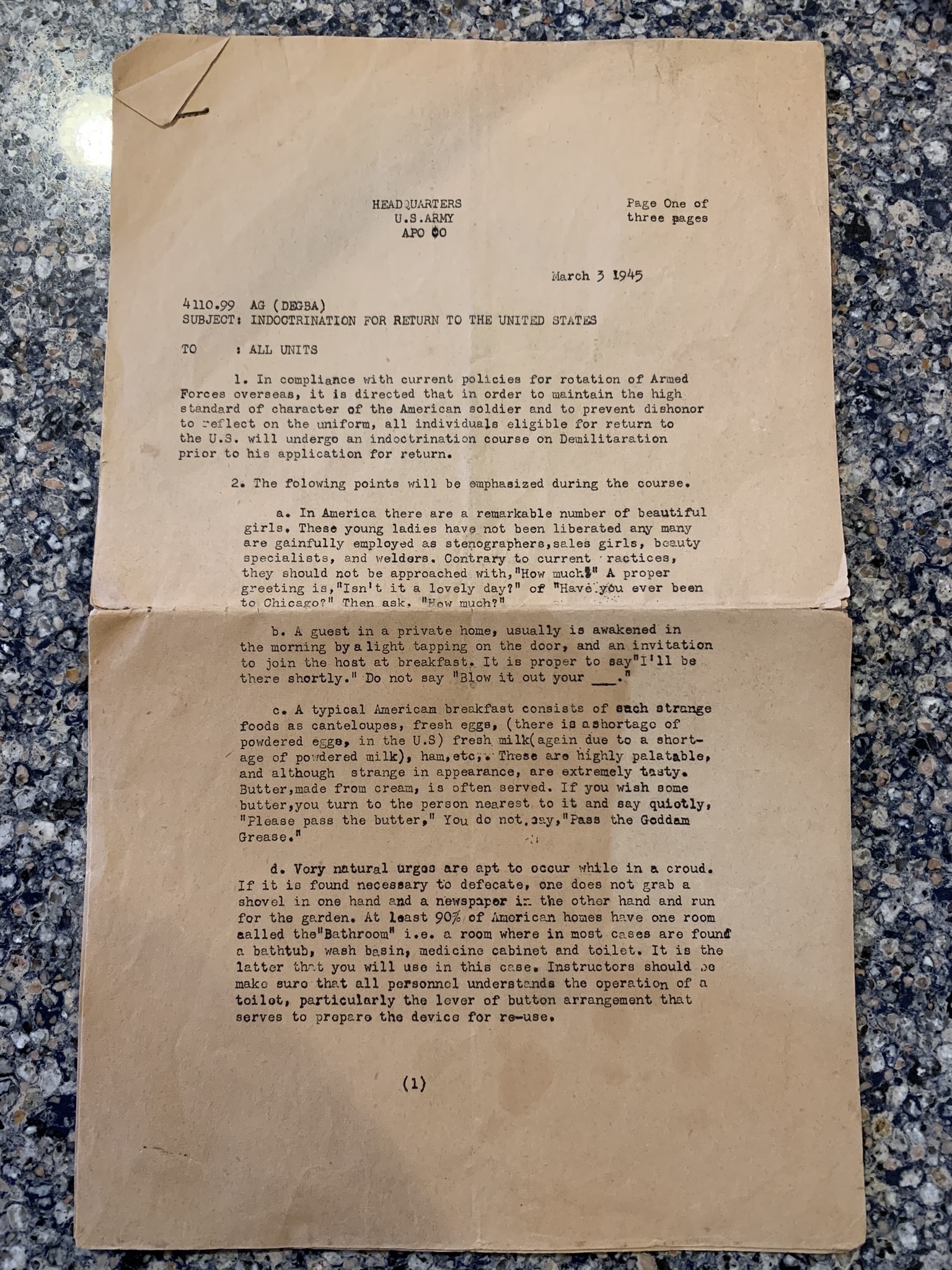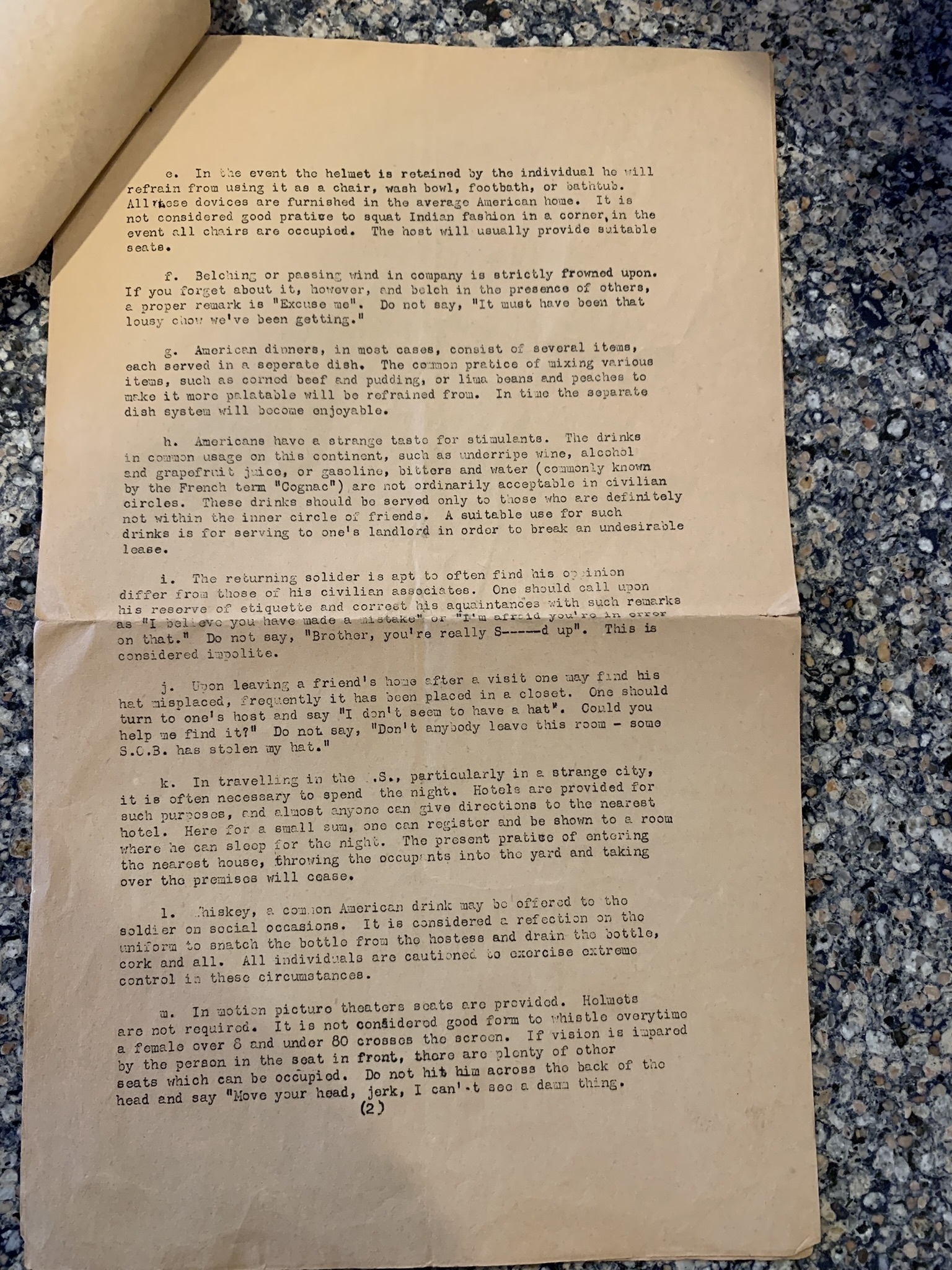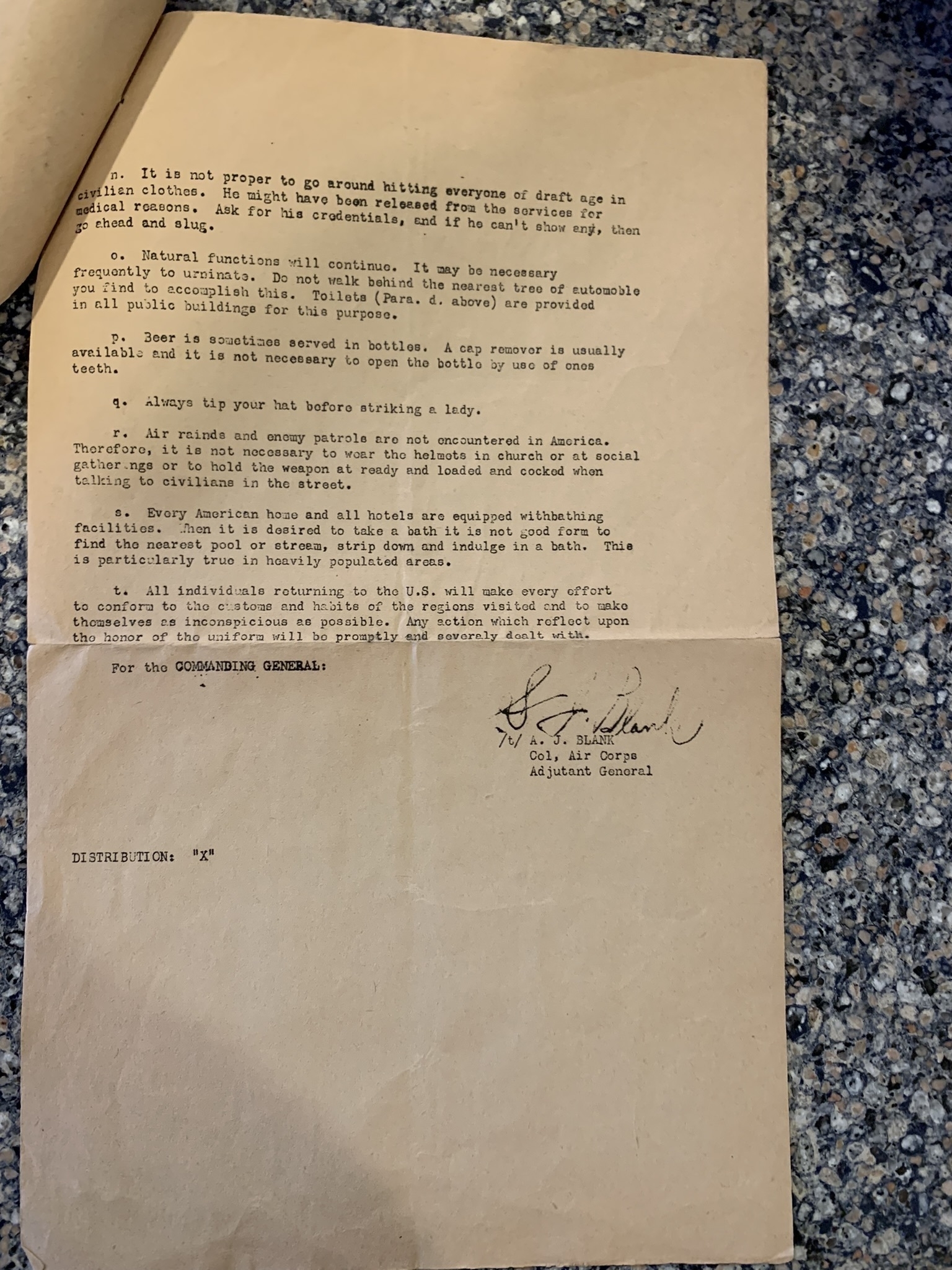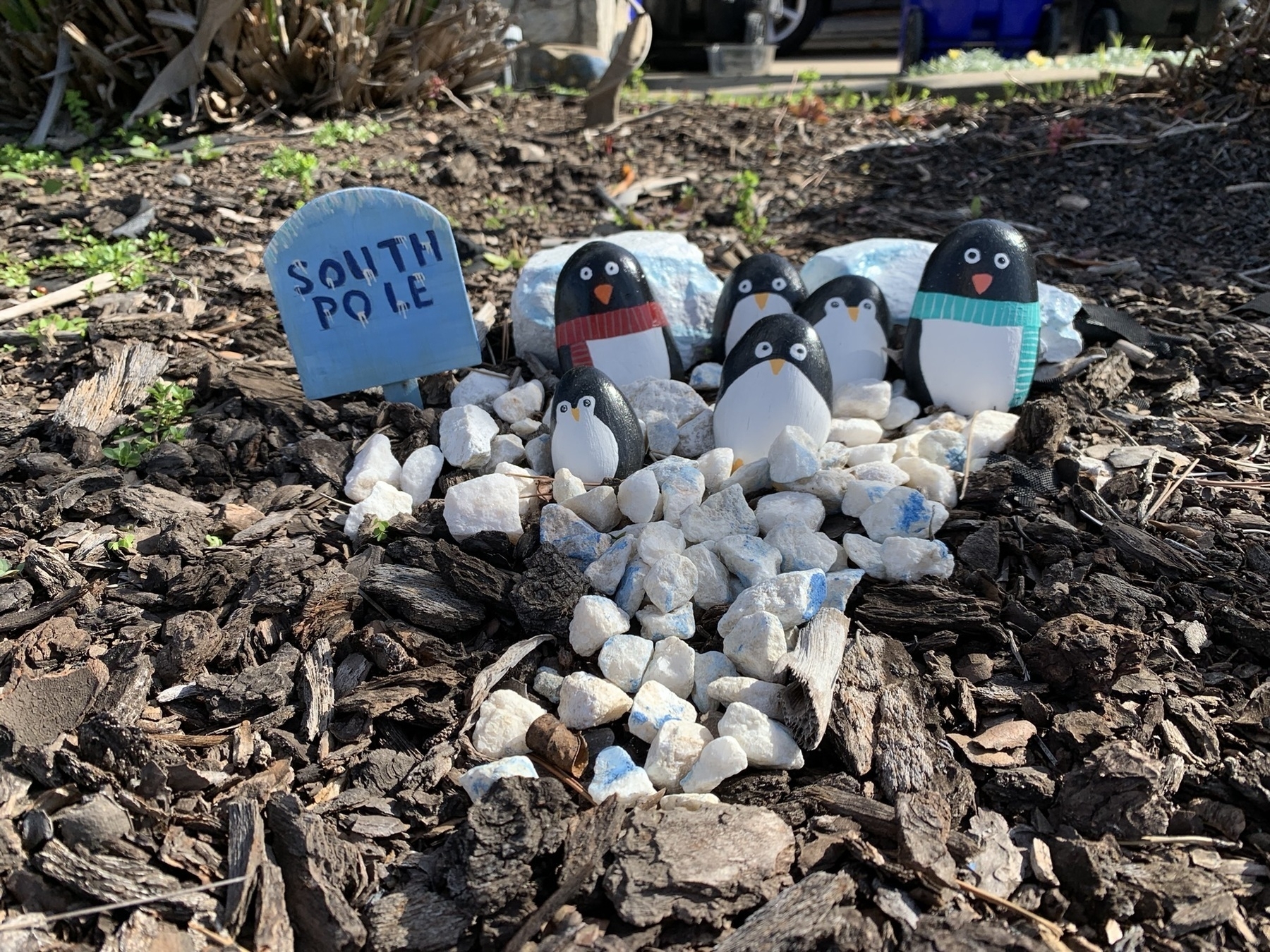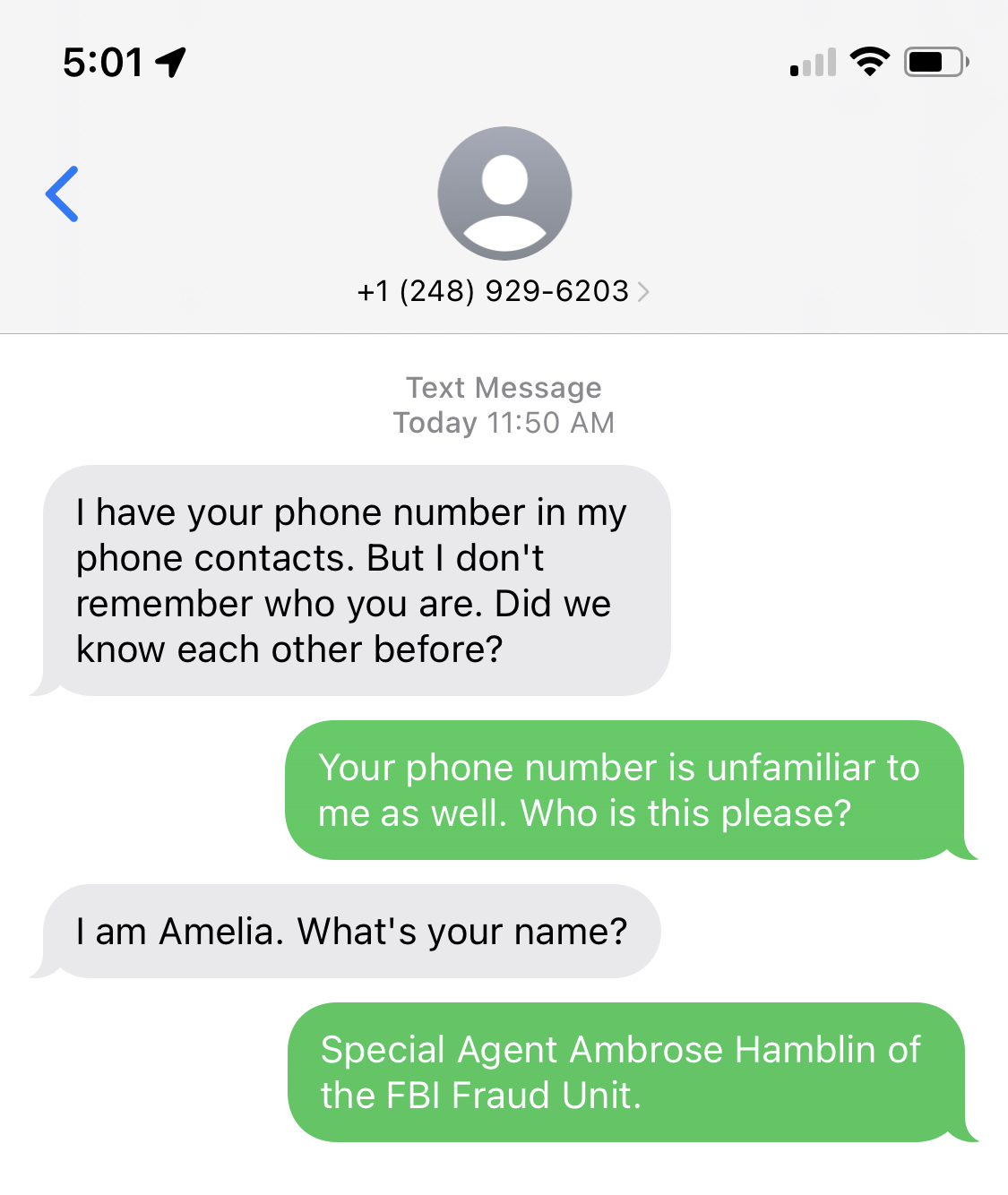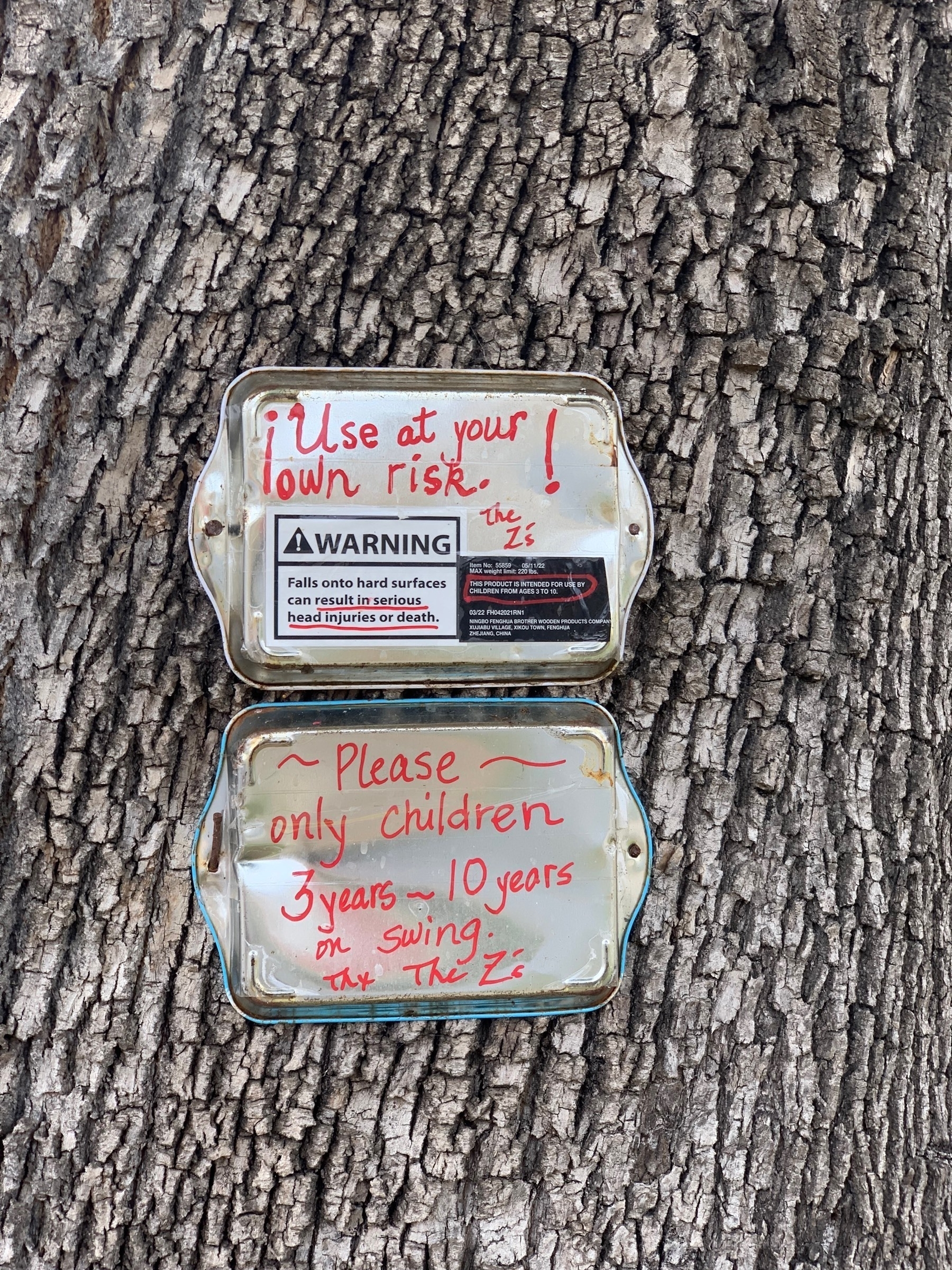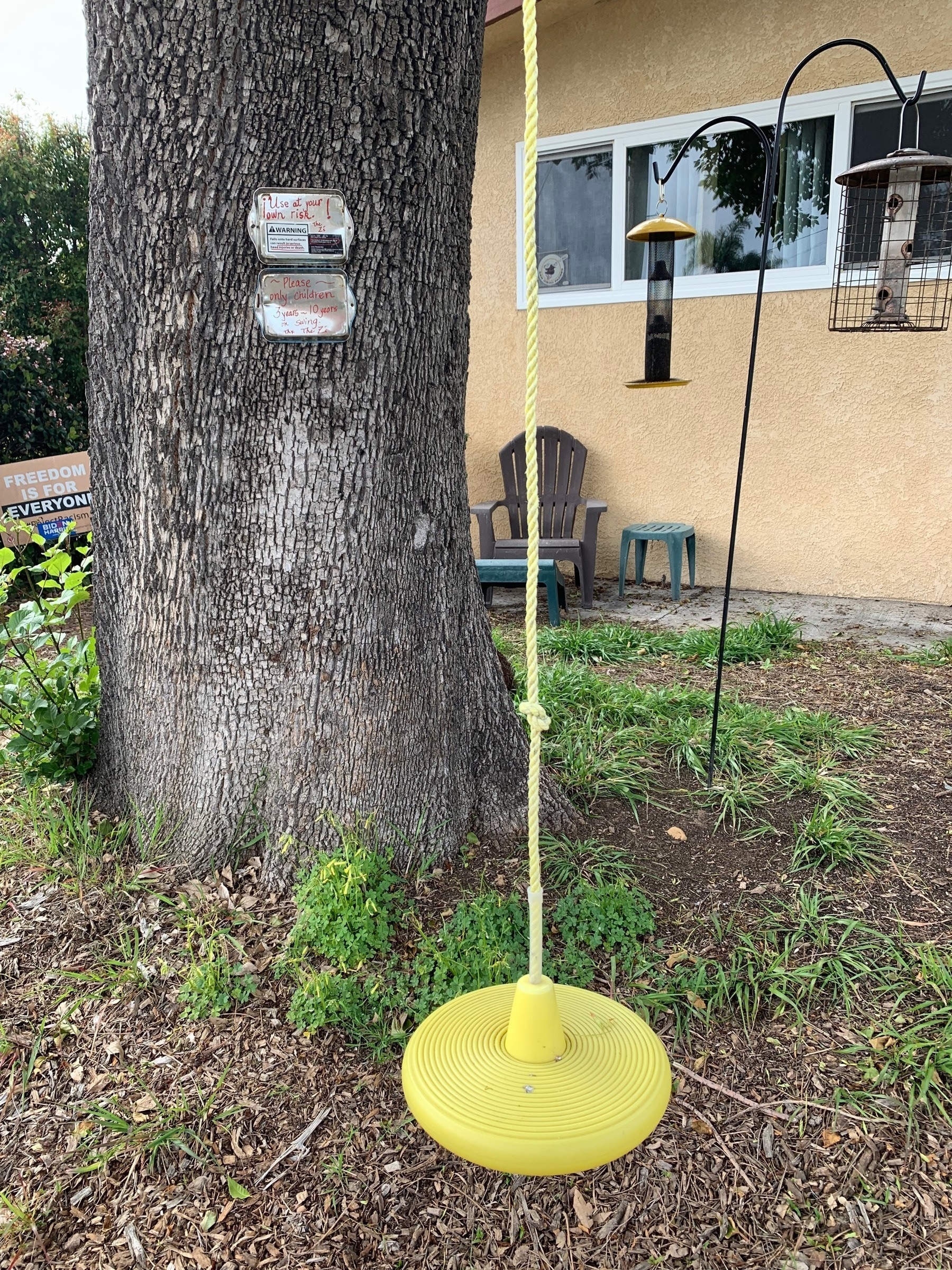For more than two decades, Thomas has accepted luxury trips virtually every year from [Dallas businessman Harlan Crow] without disclosing them, documents and interviews show. A public servant who has a salary of $285,000, he has vacationed on Crow’s superyacht around the globe. He flies on Crow’s Bombardier Global 5000 jet. He has gone with Crow to the Bohemian Grove, the exclusive California all-male retreat, and to Crow’s sprawling ranch in East Texas. And Thomas typically spends about a week every summer at Crow’s private resort in the Adirondacks.
The extent and frequency of Crow’s apparent gifts to Thomas have no known precedent in the modern history of the U.S. Supreme Court.
The luxury trips contrast starkly with the public reputation Thomas has cultivated.
In Thomas’ public appearances over the years, he has presented himself as an everyman with modest tastes.
“I don’t have any problem with going to Europe, but I prefer the United States, and I prefer seeing the regular parts of the United States,” Thomas said in a recent interview for a documentary about his life, which Crow helped finance.
“I prefer the RV parks. I prefer the Walmart parking lots to the beaches and things like that. There’s something normal to me about it,” Thomas said. “I come from regular stock, and I prefer that — I prefer being around that.”
— Joshua Kaplan, Justin Elliott and Alex Mierjeski at ProPublica
Cory Doctorow reviews Thomas’s ignominous career. “… the elevation of the unrepentant rapist Brett Kavanaugh to the bench could never have occurred but for the trail blazed by Thomas as a sexually harassing, pubic-hair distributing creep boss.”
Thomas wants to ban same-sex marriage again, Cory notes. “And of course, he’s set precedent by hearing cases related to the attempted overthrow of the US government, despite the role his wife played in the affair.”
Thomas is not alone in furthering the right’s mission to destroy the morale of constitutional law scholars by systematically delegitimizing the court and showing it to be a vehicle for partisan politics and dark money policy laundering, but he is certainly at the vanguard.

